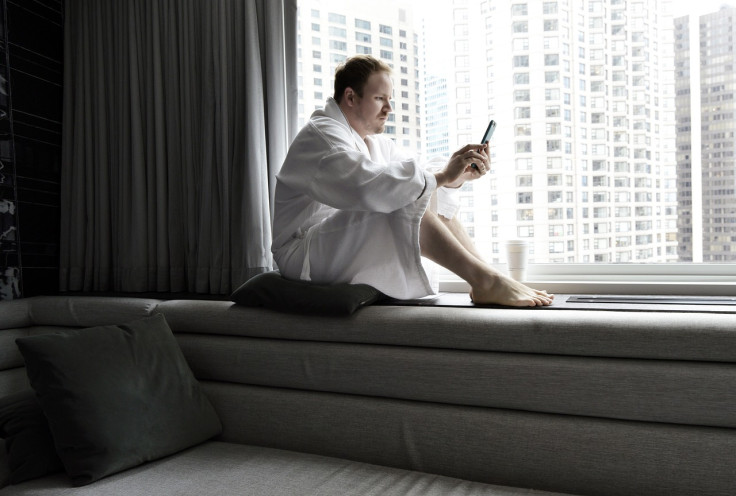Research shows best practices to improve employee productivity and mental health
The recent JoyOragnics study has compiled the five best ways to balance both your work rate efficiency and your mental health.

The way we envision today's work environment and corporate culture is more stressful and seriously damages our mental health. The pressure and stress transmitted from one party to another reflect the insatiable desire and need for intense efficiency to reach the best results.
However, it has been shown that productivity and mental health are closely linked with one another, with reports revealing depression, anxiety and burnout being the most common factors of mental health overwork.
Although it may seem quite difficult, the experts at JoyOrganic have established a list of advice to help you keep up mental health stability and increase your productivity in and out of your workplace.
The recent JoyOrganics study has pinpointed five factors that could help readjust your balance between work and your mental health.
One of the most immediate helping tips you could apply is taking a break. Allowing your brain to rest from stressful situations to take some time to reset is extremely important as the overload of work and information can become counterproductive. Feelings of anxiety or burnout can become seriously invasive if you force yourself to drown them in work tasks.
Research from the association of psychological science suggested that a ten-minute break for every hour you work sets in healthy productivity.
Another thing to take note of in order to avoid overwhelming stress, before you start any sort of task, is making a list of small objectives to reach throughout the day with the time and resources you have available.
Looking at an entire workday or series of tasks as a whole can be mentally challenging. With this in mind, we can quickly feel overwhelmed by all this upcoming stress. Instead, try to go step by step with the work that you are tasked with and set yourself small milestones to climb over during the day.
An efficient method to improve your time management skills and have a better apprehension of your day is Stephen Covey's four quadrants of the Covey Time Management Matrix, which states:
- Urgent and important – unforeseen events and urgent matters
- Not urgent but important – smaller tasks that won't affect your deadlines
- Urgent but not important – meetings and phone calls
- Not urgent and not important – checking social media
This method can also help people suffering from ADHD by compartmentalising each step and preventing outside distractions.
Furthermore, the study didn't fail to reveal the importance of communicating or talking about the challenges or struggles you might have encountered during the day. Expressing how tough your day might have been, does more good than you know.
Whether or not you feel like you are in a safe and comfortable at your work environment, do not hesitate to be open about any particular ordeals you might be facing. Talking and communicating with one of your team members or managers could both get you the support you need, and solutions can then be applied to your case to help you find an appropriate balance.
Also, experts strongly advise employees to only take on workloads they are capable of managing during the day.
Being a volunteer and hard-working employee is a great quality – but make sure you also set your own boundaries and learn to speak up when the amount of work is not achievable for you. Do not take on additional tasks thinking it will please other people with the result of you feeling overwhelmed. Focus on the work you can currently produce and favour quality over quantity.
This last piece of advice seems obvious but is still overlooked by many, get a good sleep quality at night. A study from Columbia University's Department of Psychiatry reveals low energy will make you less productive and motivated at work.
"Just like our electronics need to be charged, sleep may recharge or reset the brain to optimize functioning," said Elizabeth Blake Zakarin, an assistant professor of psychology (in Psychiatry) and a clinical psychologist at the Columbia University Clinic for Anxiety and Related Disorders.
Eight hours of sleep at night will give your brain the sufficient rest it needs and better prepare you for any workload you might have to take on.
According to studies, having a relaxed environment before avoiding any LCD lights or screens helps indicate to your brain it is time to sleep.
Stress in the workplace can affect anyone's mental health and is still very much disregarded and overlooked by employers.
Furthermore, research from stress.org has shown that women must contend with their hormones on top of everyday stresses. In fact, 57% of women reported feeling burnout because of work stress, compared to 48% of men.
As various research and studies have shown, it is beneficial for employers and companies to work towards a more inclusive and stress-free work environment.
© Copyright IBTimes 2025. All rights reserved.





















